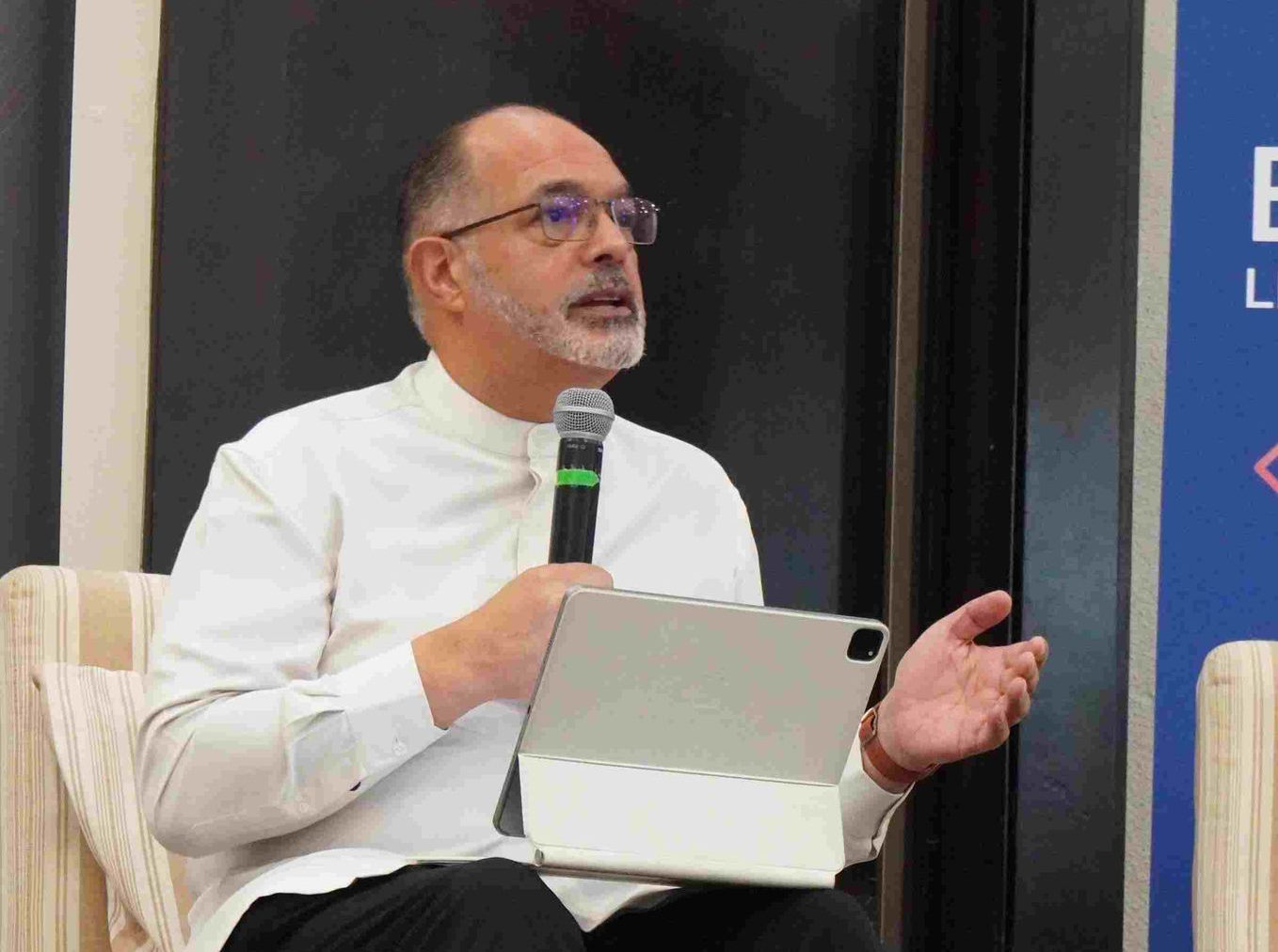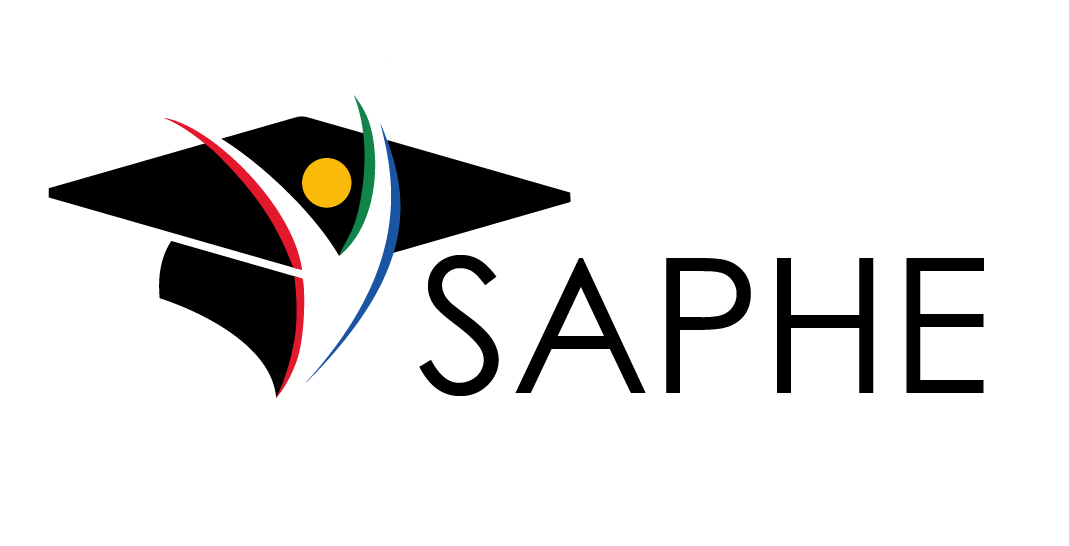University rankings: Advantages and disadvantages with a focus on African universities
University rankings have assumed an increasingly prominent role in shaping the higher education landscape, globally and within Africa. They offer a glimpse into a university’s performance based based on various indicators, such as research quality, academic reputation, and graduate employability. While these rankings can present useful insights, they also come with limitations. In this article, we explore the advantages and disadvantages of university rankings, with a particular focus on African institutions.
Advantages of university rankings
Promoting global visibility
For African universities, high rankings can significantly enhance their global visibility. These rankings provide an international benchmark, helping universities in Africa to compare their performance with those of their global counterparts. This is particularly valuable in an increasingly globalized world, where international collaborations and student exchanges are on the rise.
Driving quality enhancement
University rankings foster competition among universities, encouraging them to improve the quality of education and research. This is especially important for African universities as they work towards achieving world-class standards and building a reputation for excellence.
Attracting investment and talent
A strong ranking makes a university more attractive to both national and international investors, scholars, and students. This can lead to an influx of resources, talent, and expertise, which can further improve the institution’s quality.
Disadvantages of university rankings
Bias toward Western models
One of the key criticisms of global university rankings is that they often carry a bias toward Western academic models. They tend to favour universities with high research output, typically in English, which disadvantages many African universities where the focus might be more on teaching and local community engagement. Furthermore, the emphasis on publications in high-impact, often Western-centric, journals overlooks the value of research that is locally relevant and published in regional journals.
Neglecting diverse strengths
Reducing a university's performance to a single number or rank overlooksb the diverse strengths of African universities. For example, an institution might excel in areas such as community service, local problem-solving, or preserving and promoting African cultures and languages. However, these factors are rarely considered in the ranking systems.
Perpetuating Inequalities
University rankings often perpetuate existing inequalities within the African higher education system. Universities in wealthier African countries or those with stronger historical ties to Western universities have an advantage in rankings. This can lead to an unequal distribution of resources and opportunities, as high-ranking universities attract more funding and talent.
Limited relevance to student experience
Similar to universities elsewhere, a high rank does not necessarily guarantee a positive student experience at African universities. Factors such as campus culture, student support services, and extracurricular opportunities play a significant role in shaping the student experience but are not reflected in the rankings.
Risk of misdirected focus
There is a risk that African universities might focus too much on improving their ranking at the expense of other critical goals. This could lead to an overemphasis on publishing in international journals, for instance, rather than addressing locally relevant research questions or improving teaching quality.
Private university/higher education institution rankings: A closer look
Private universities or private higher education institutions (PHEIs) in Africa and globally present a unique dimension to the discourse on university rankings. Just like their public counterparts, they can also benefit significantly from a high ranking, gaining prestige, attracting a diverse student population and faculty, and garnering more partnership opportunities.
However, the challenges private universities or PHEIs face in the ranking process may differ. Often, private institutions, particularly newer or smaller ones, lack a long history of research and extensive alumni networks which might negatively affect their ranking. This has been an ongoing discussion at SAPHE, as there is little incentives for PHEIs to create research outputs.
Private universities or PHEIs typically have a stronger emphasis on teaching quality and student experience compared to public universities, aspects that are often underrepresented in ranking criteria. As a result, a lower or absent ranking may not reflect on the quality of education and student satisfaction at these institutions.
Furthermore, private universities and PHEIs often specialise in certain fields of study, making comparison with comprehensive universities somewhat flawed. For instance, a private institution specialising in business or arts may provide outstanding education in its field, yet find itself lower in overall rankings that heavily weight science and technology research output.
In conclusion, while private universities can certainly benefit from the visibility and competitiveness promoted by university rankings, the idiosyncrasies of these institutions demand a cautious interpretation of their standing in these rankings. It's crucial for potential students and other stakeholders to look beyond rankings and consider factors such as the university's focus areas, teaching quality, class sizes, and student support services when assessing the institution.



